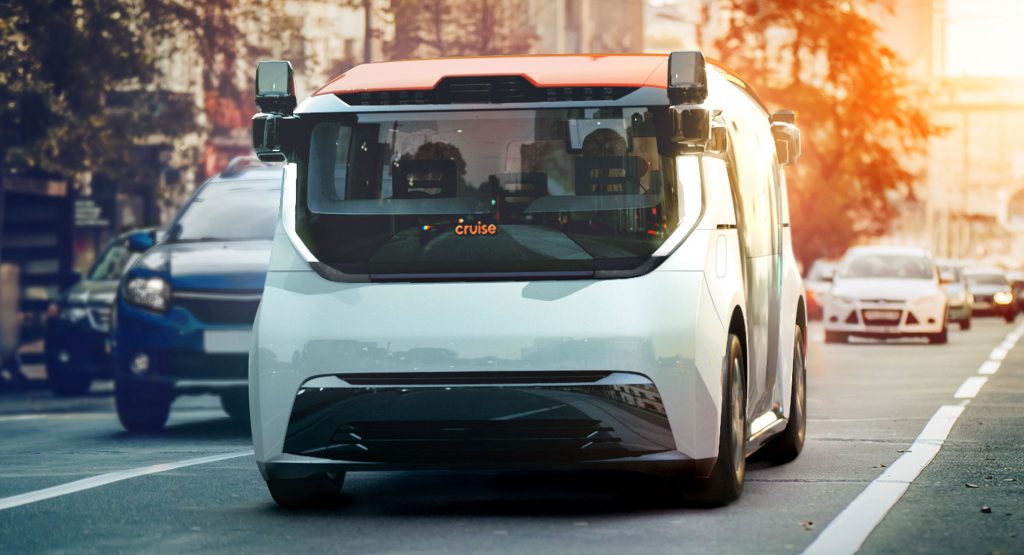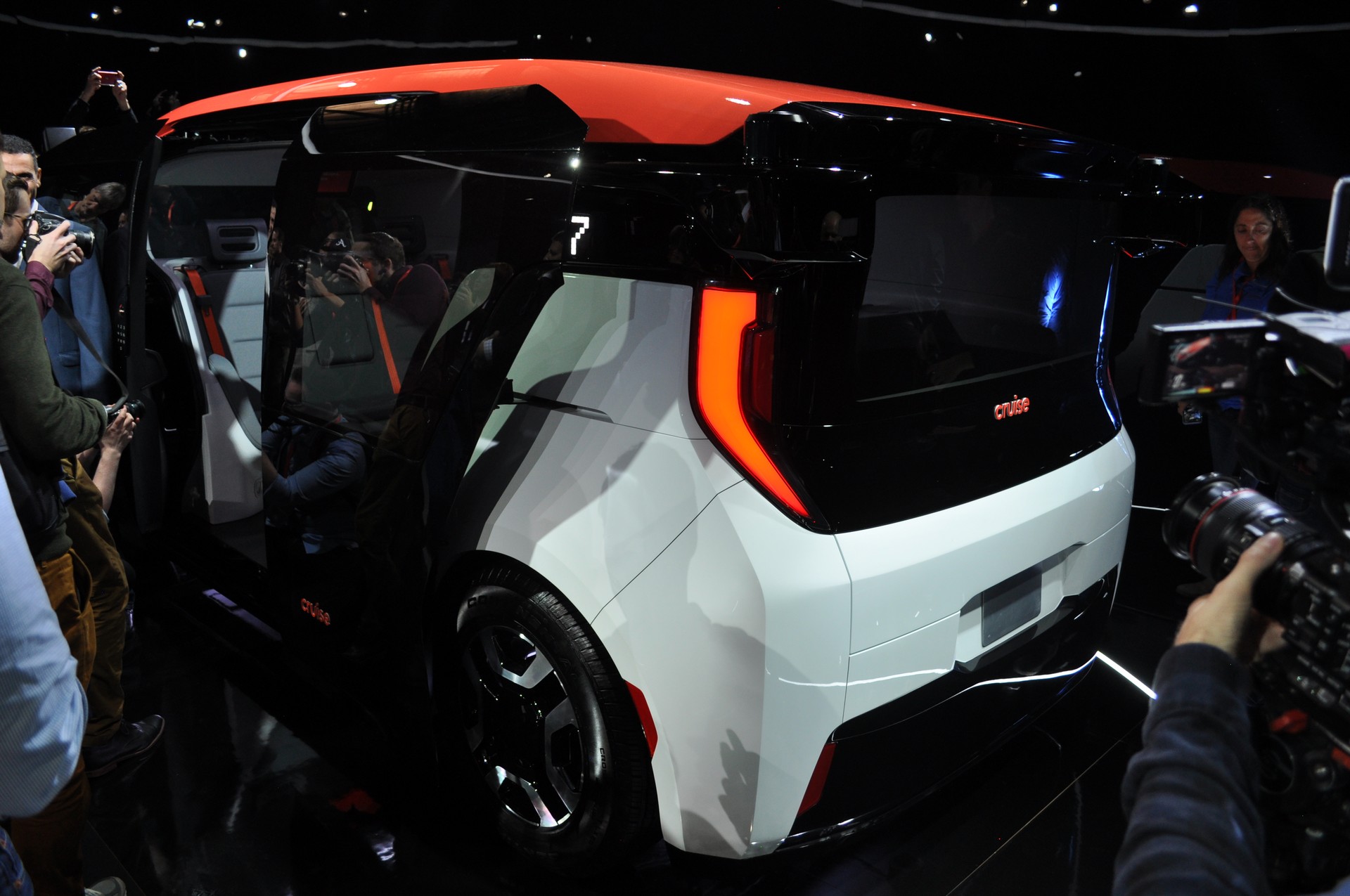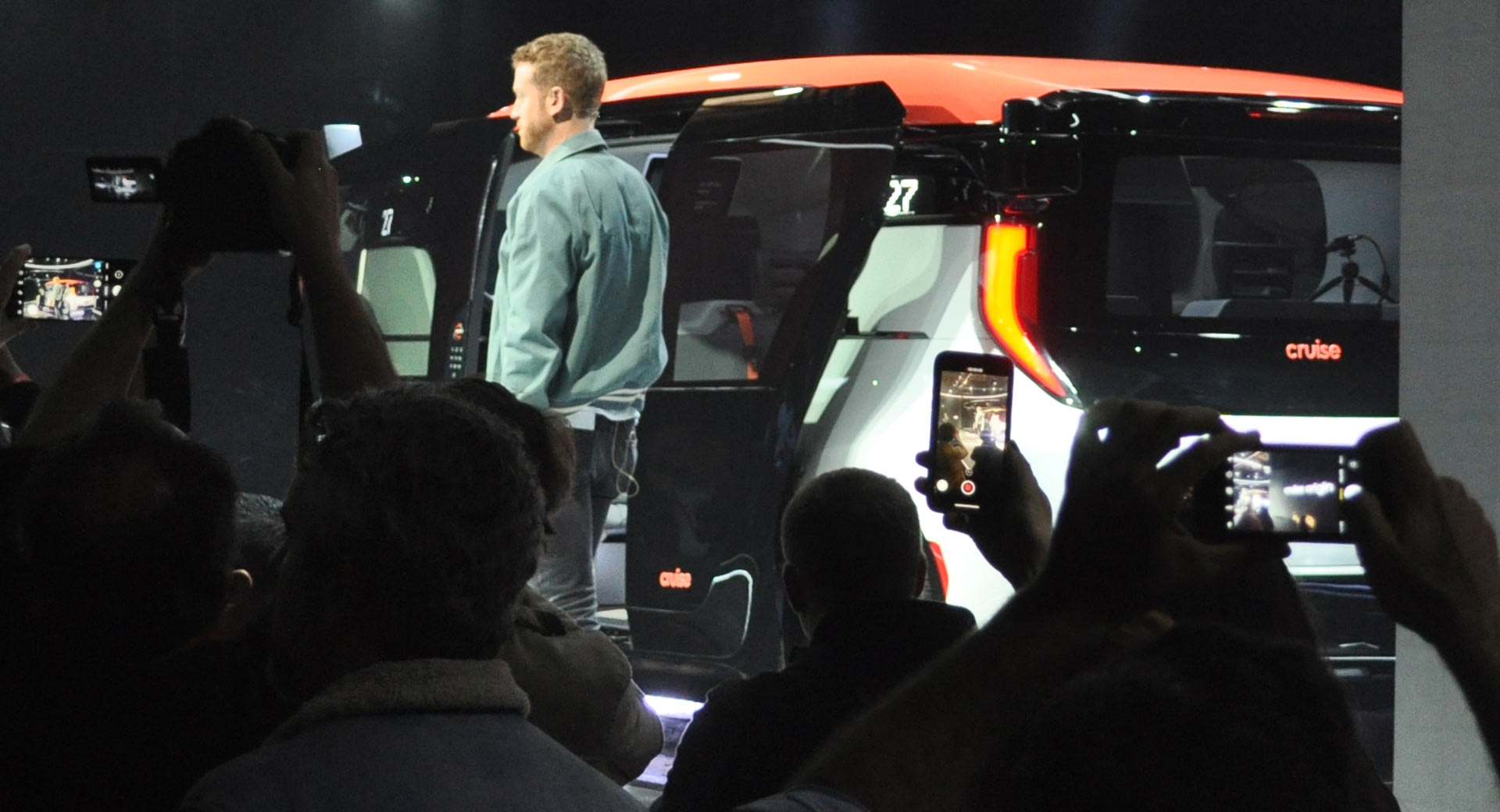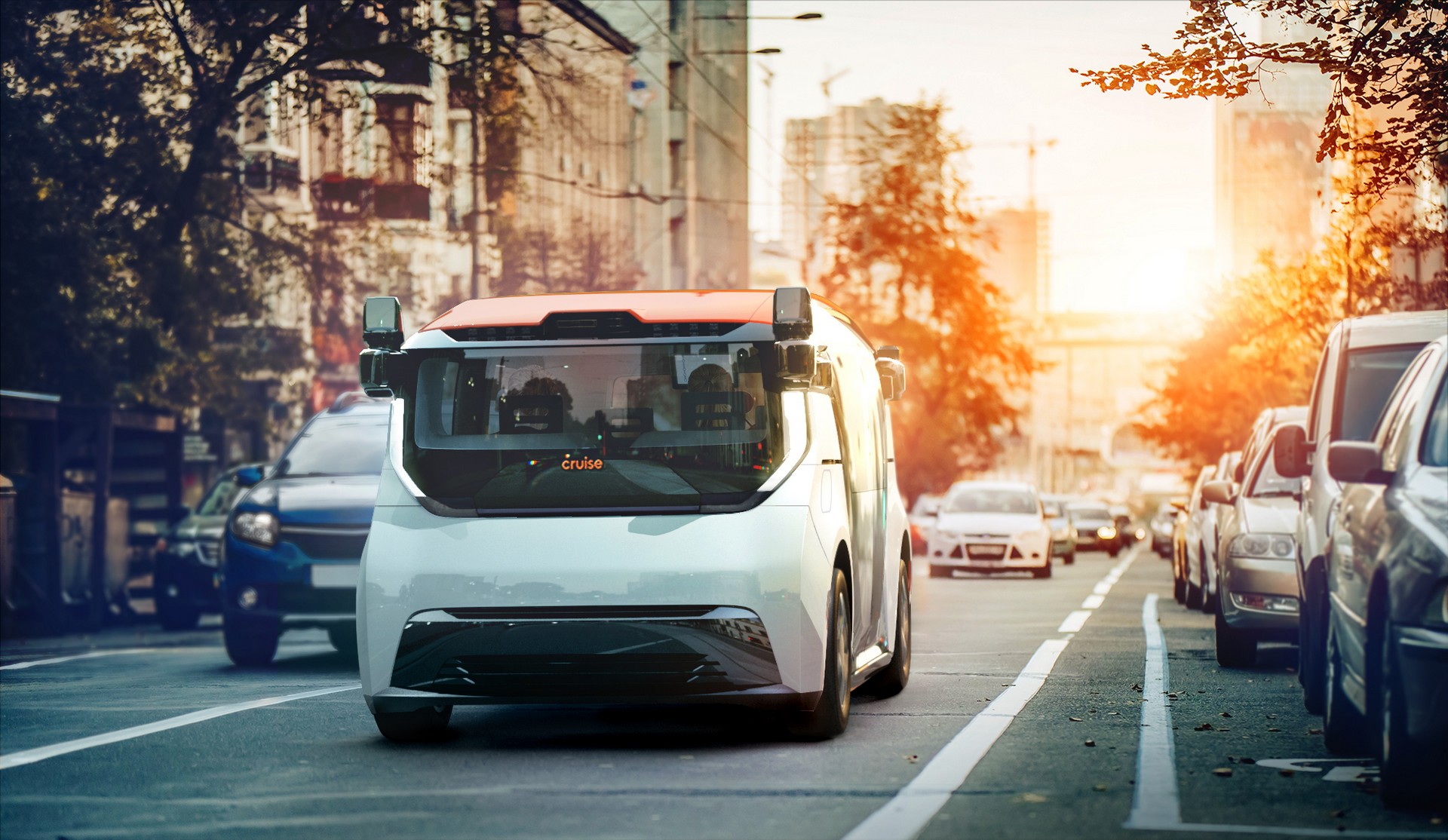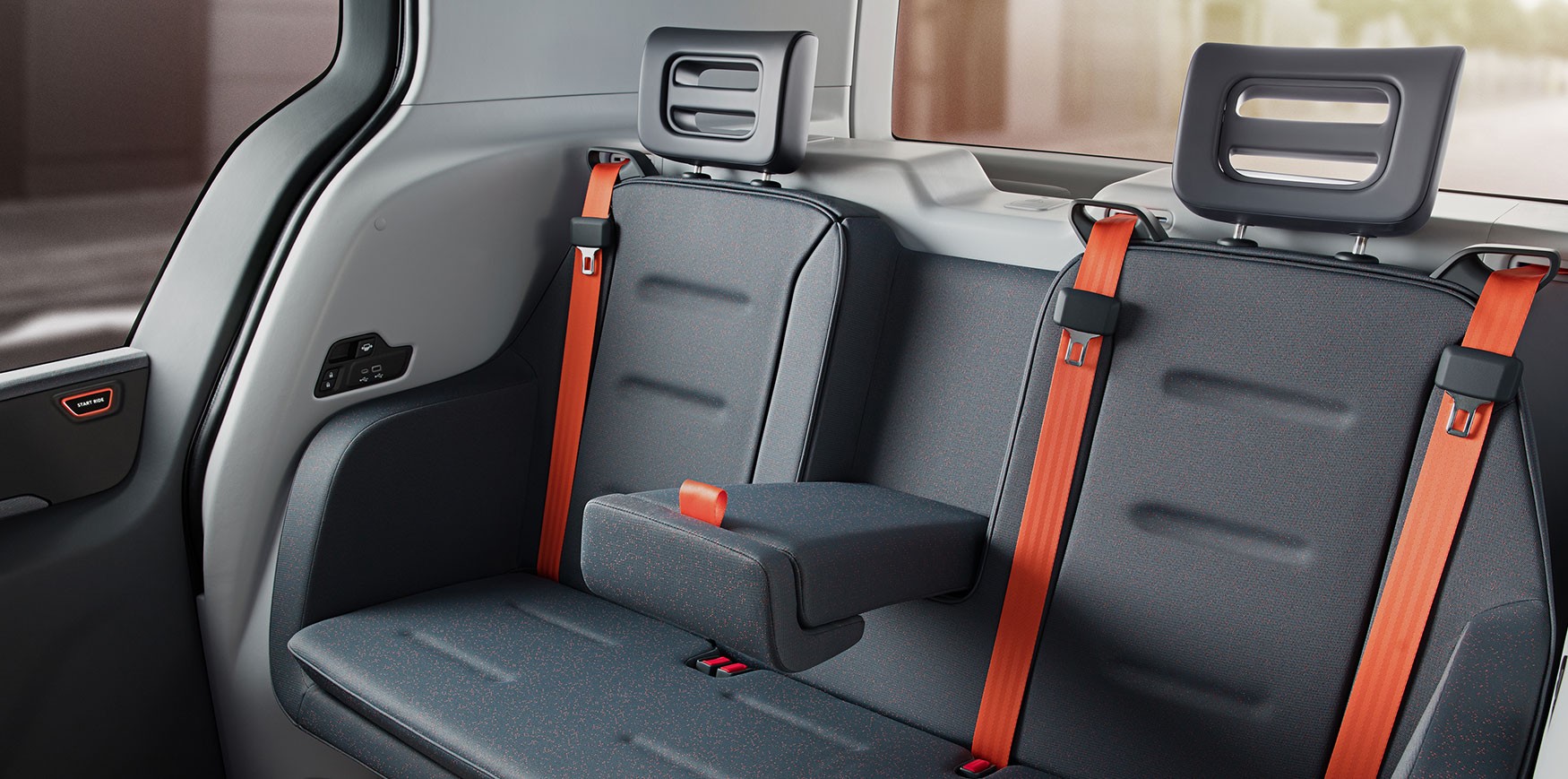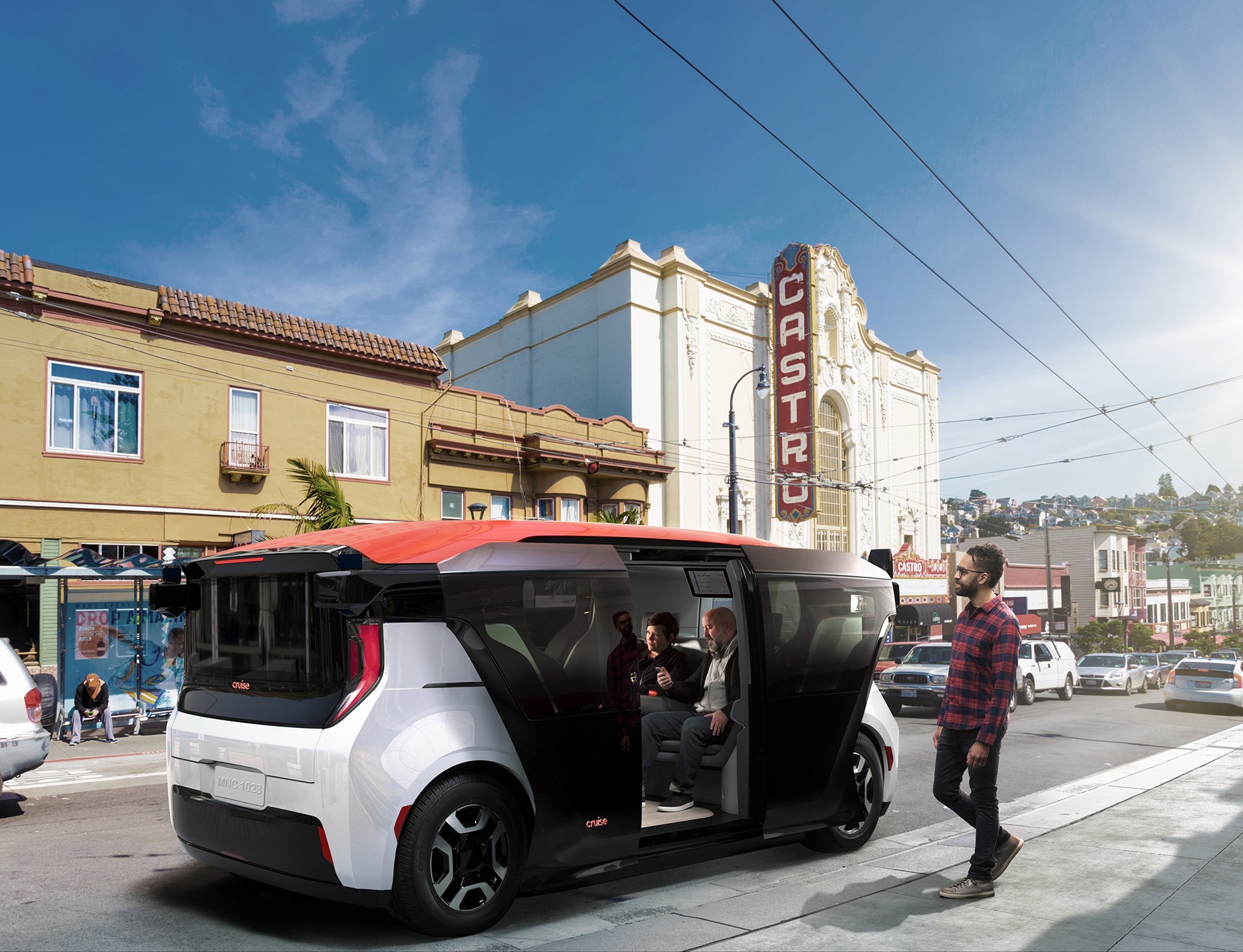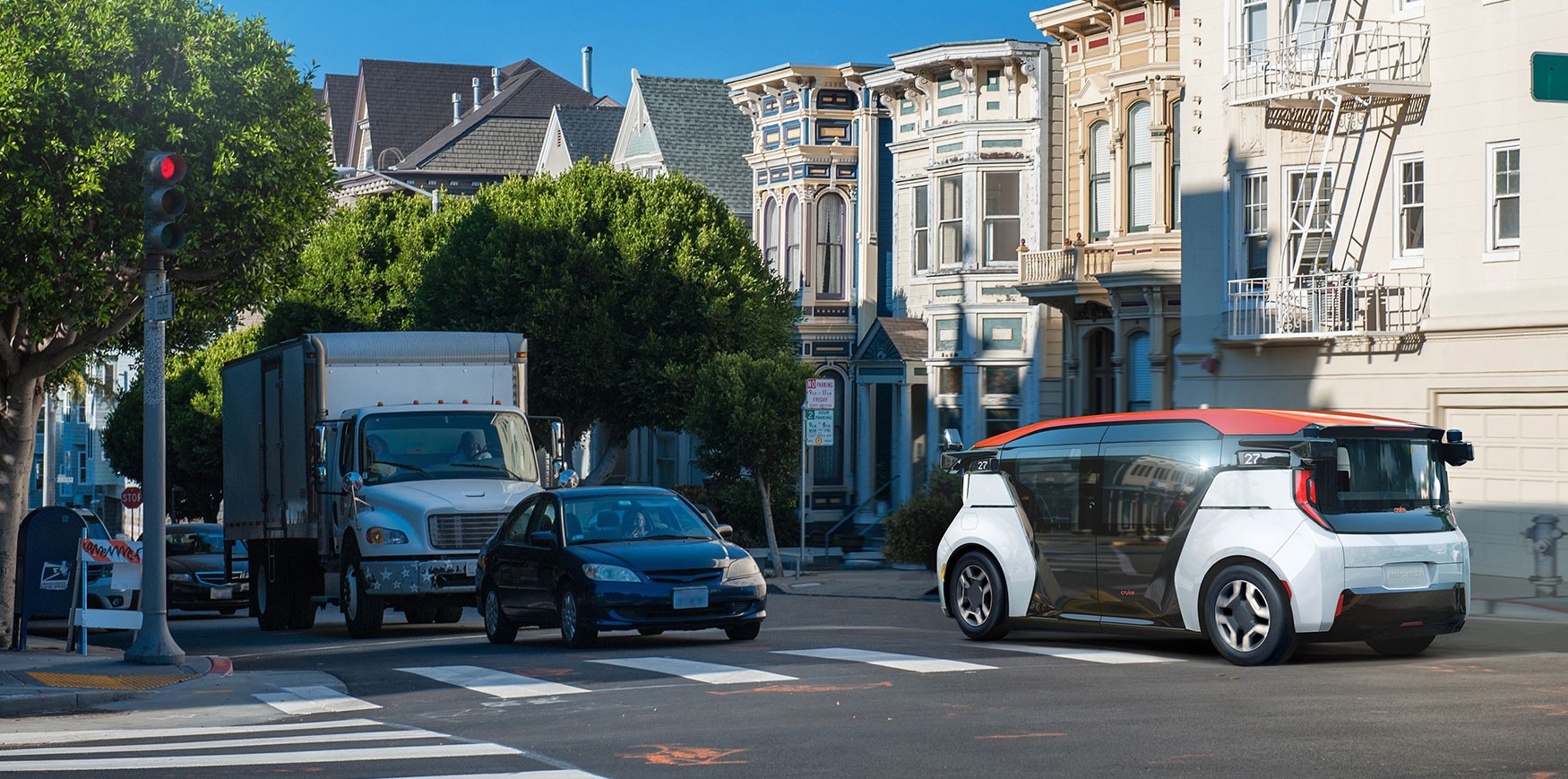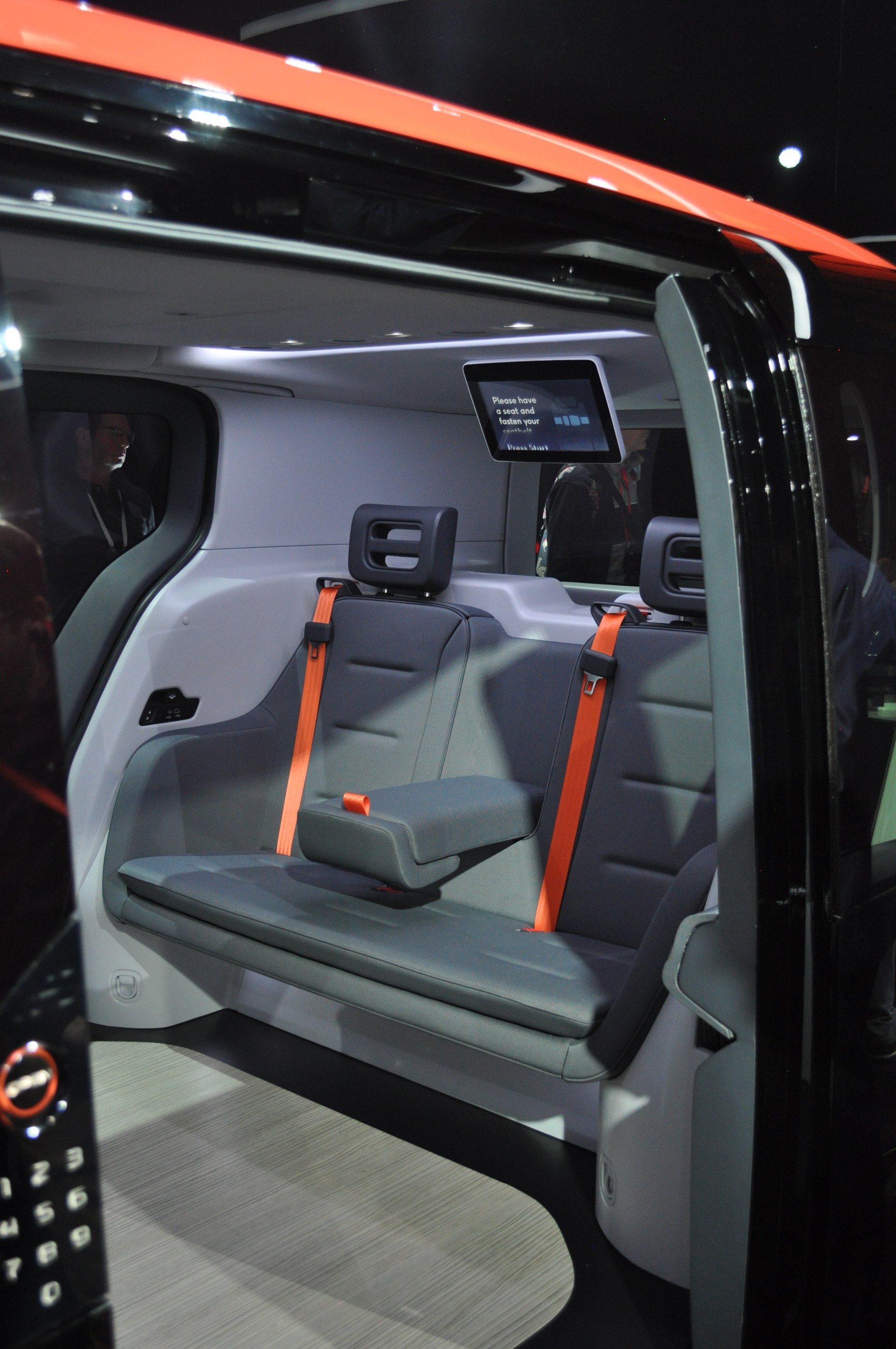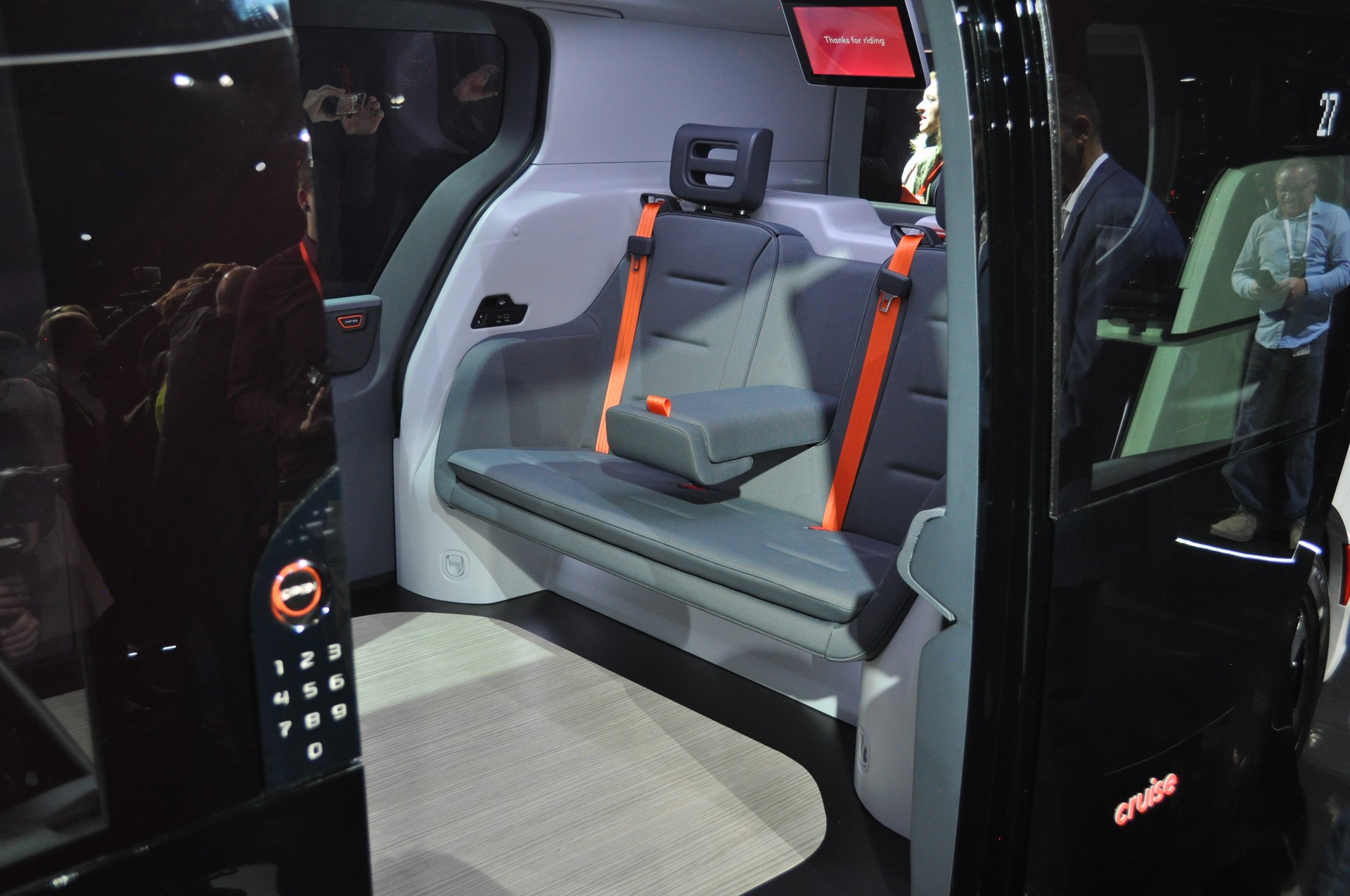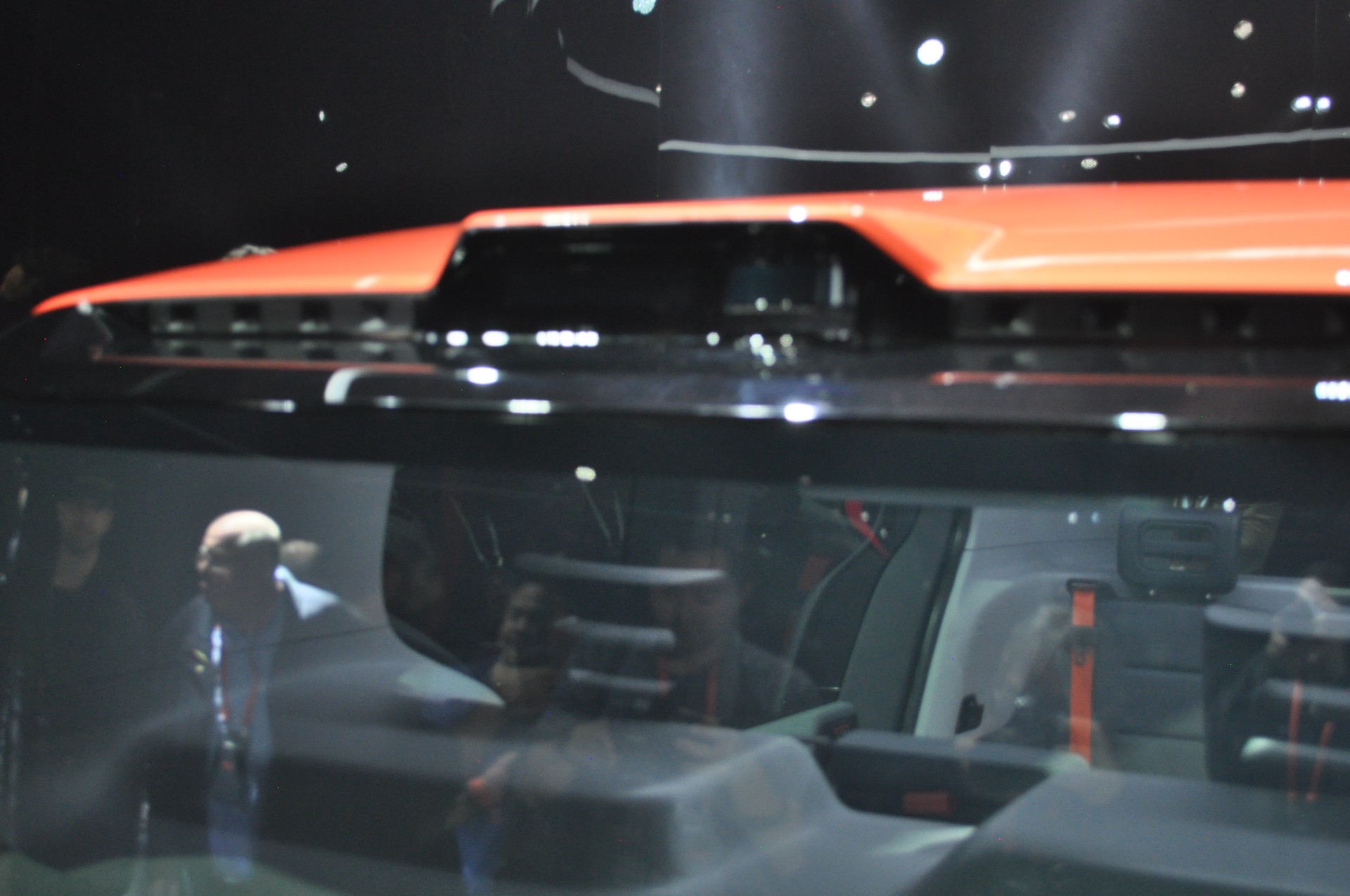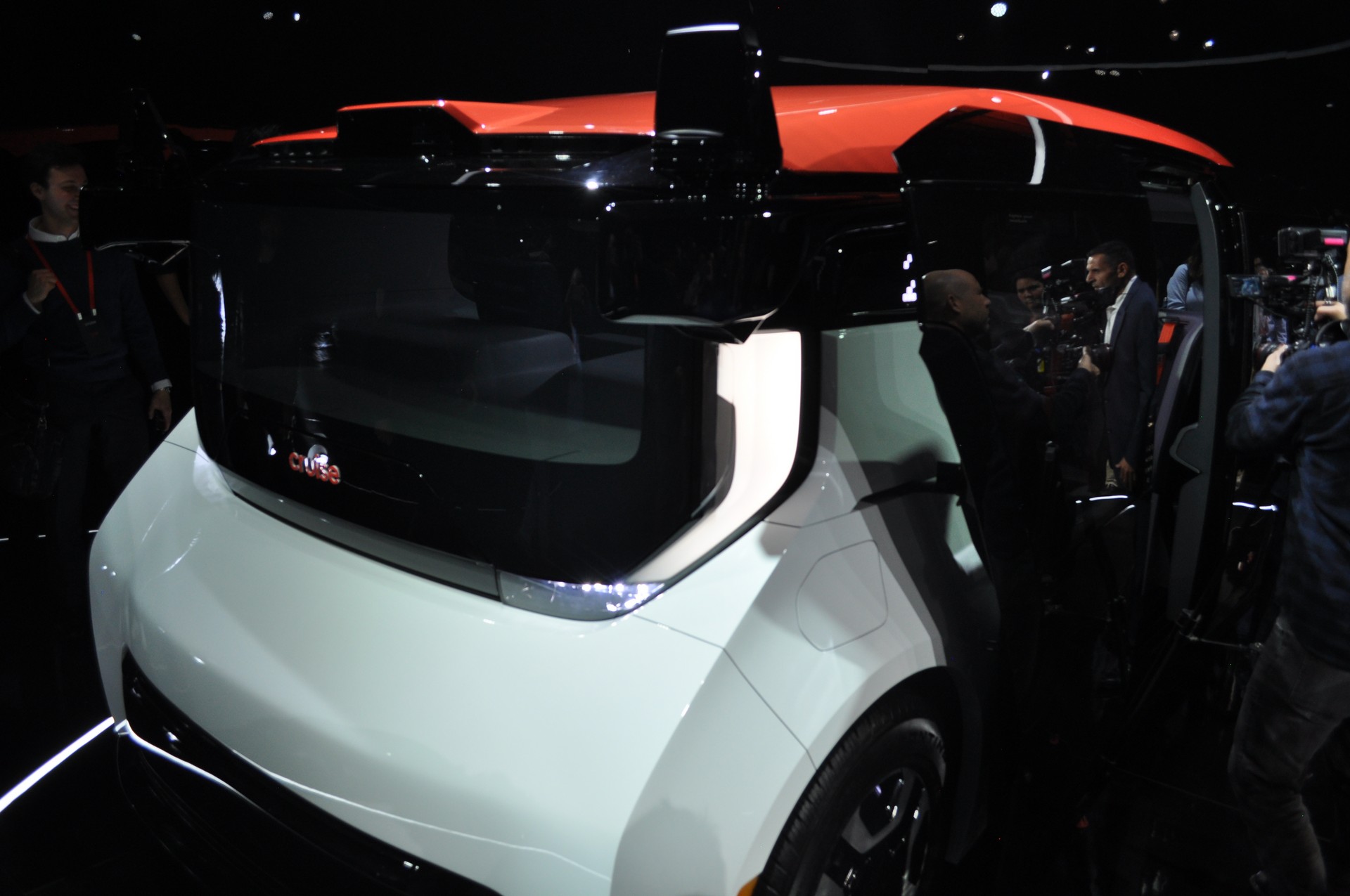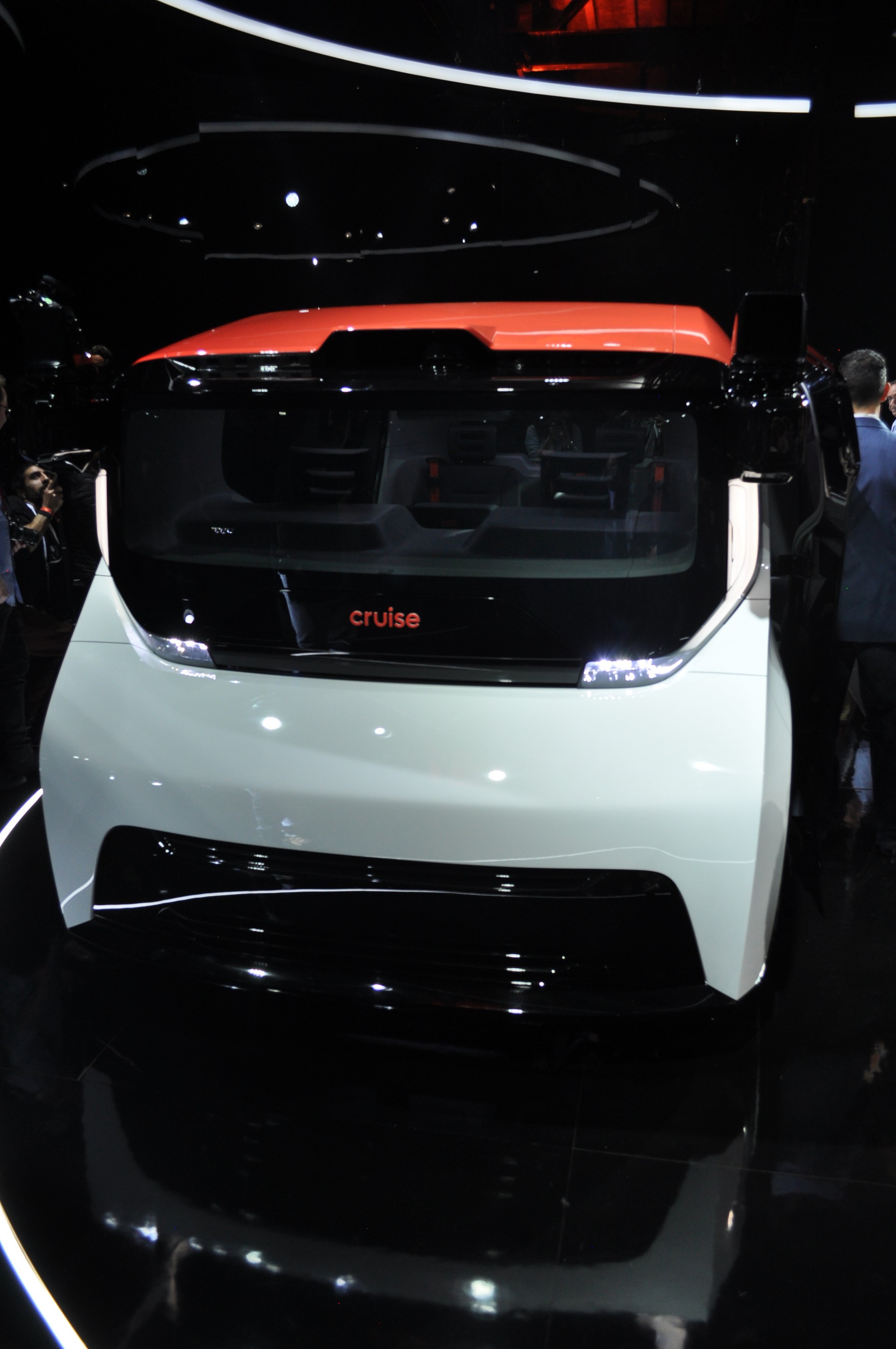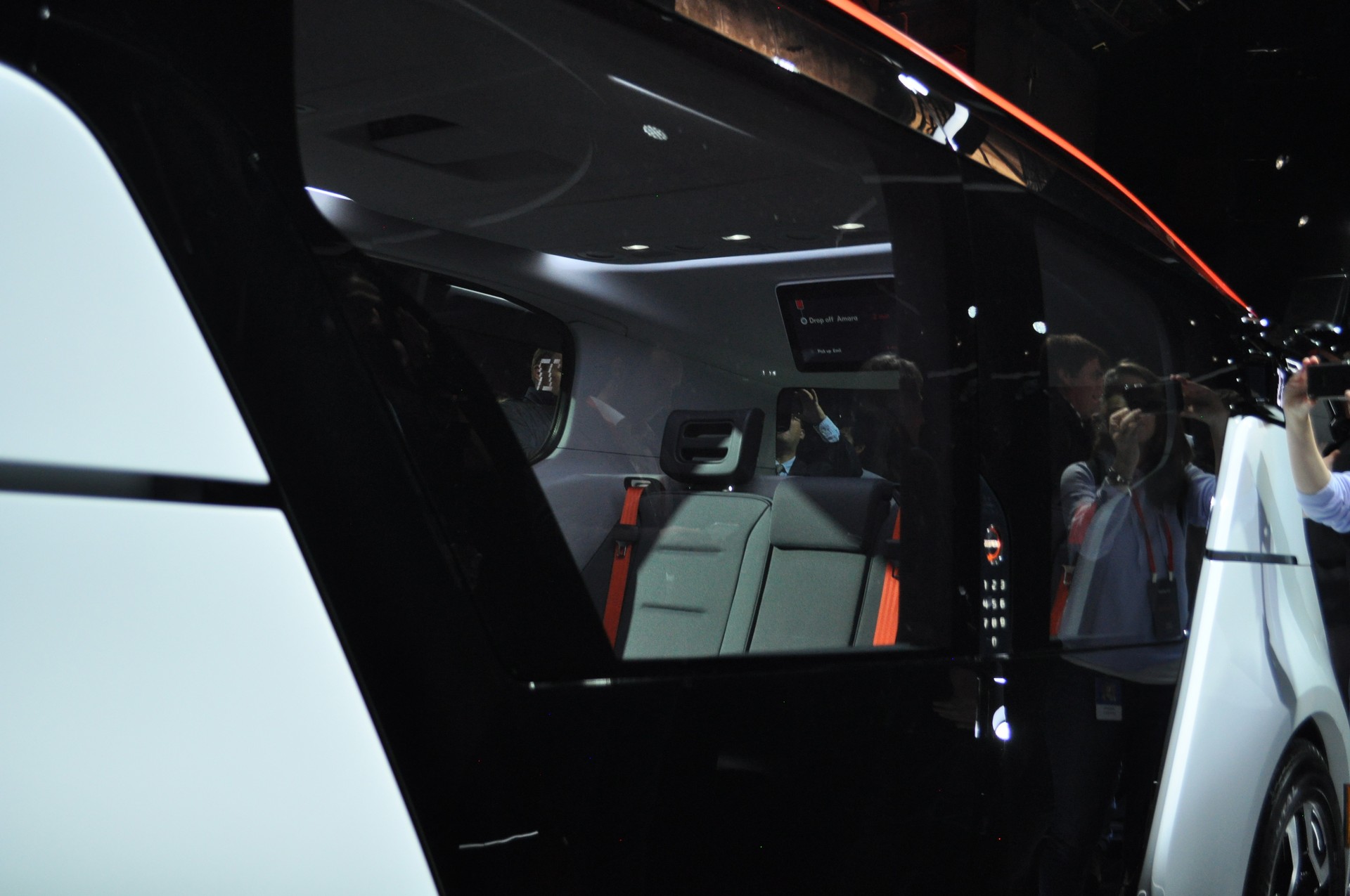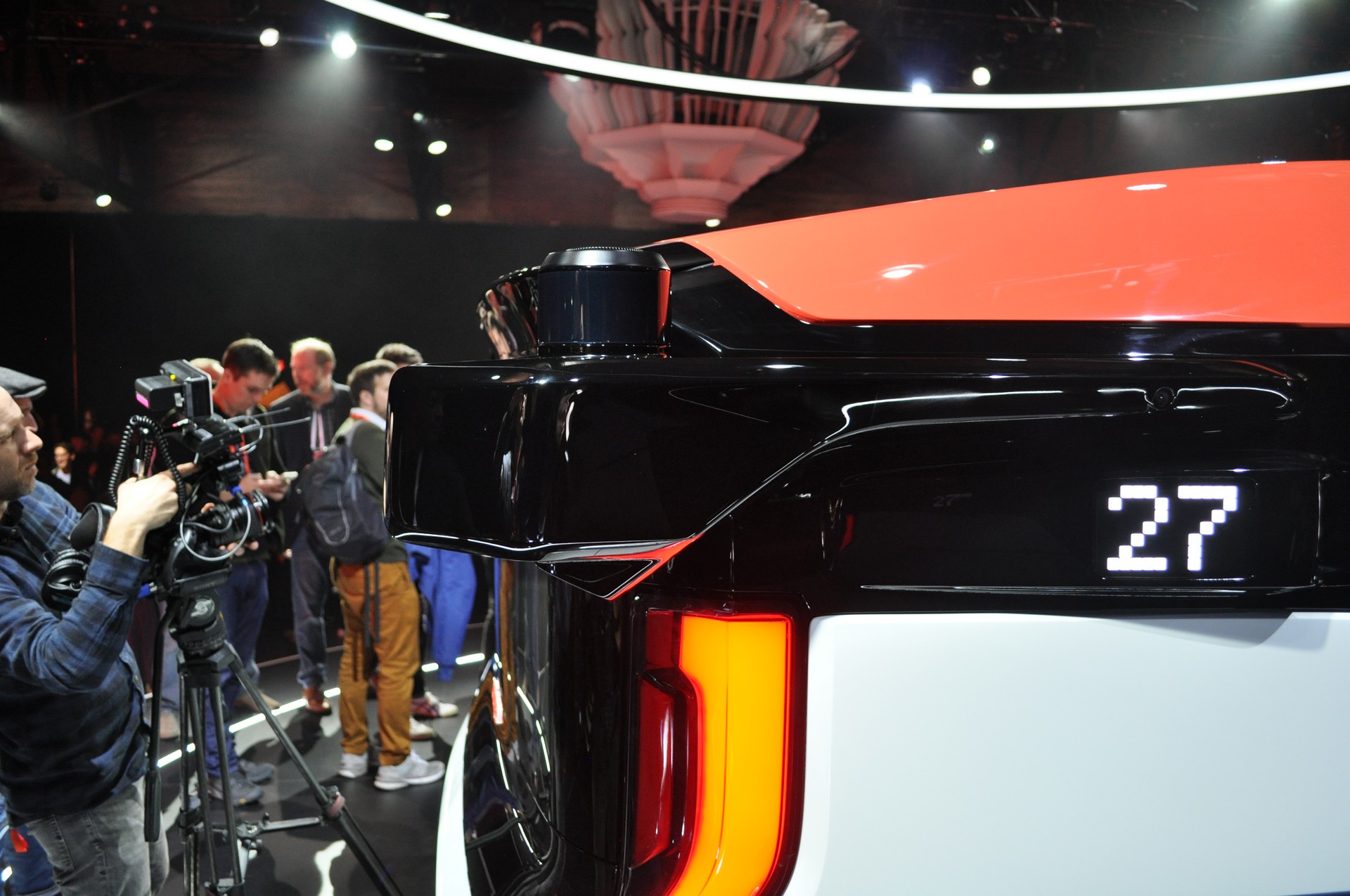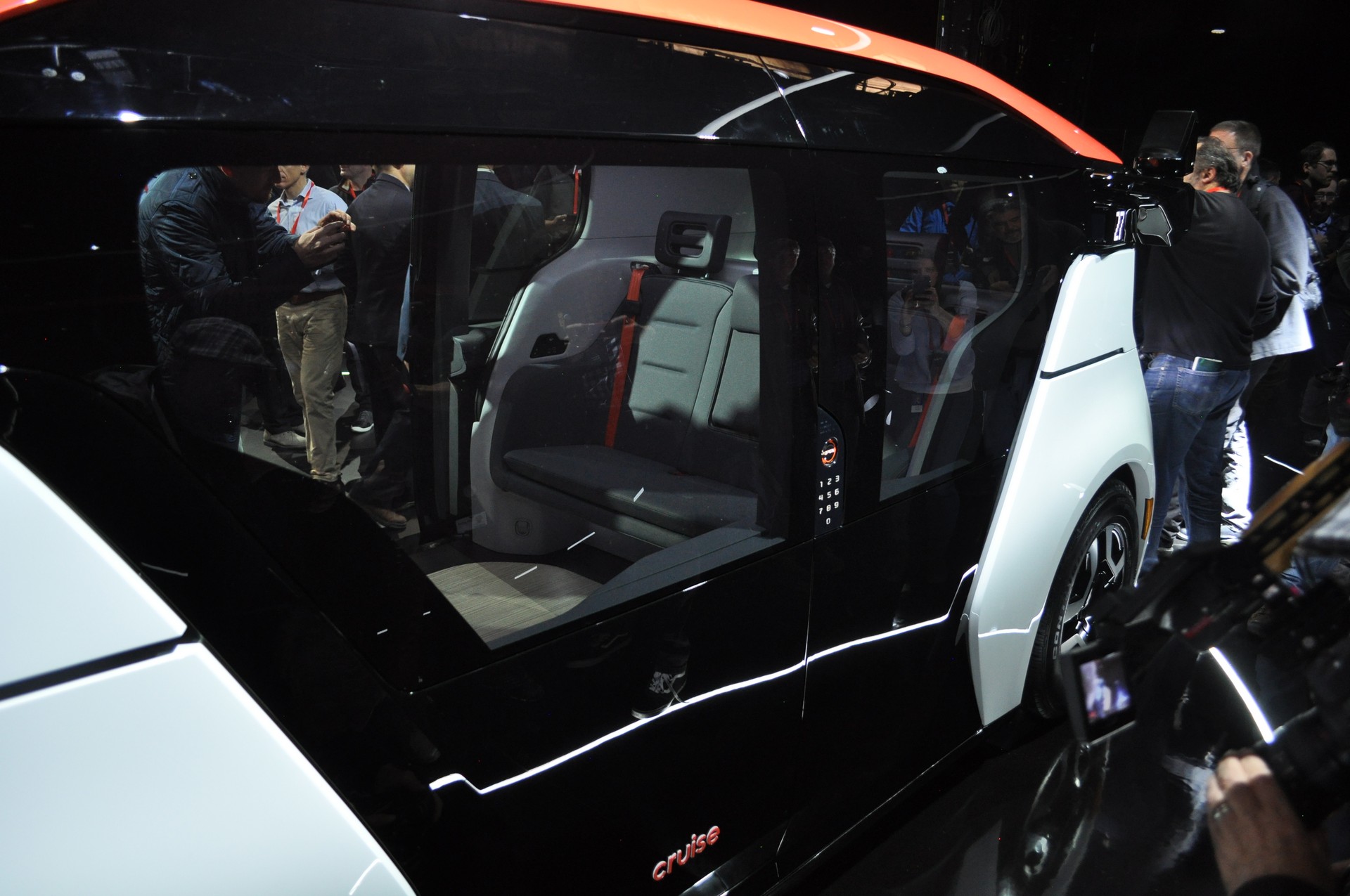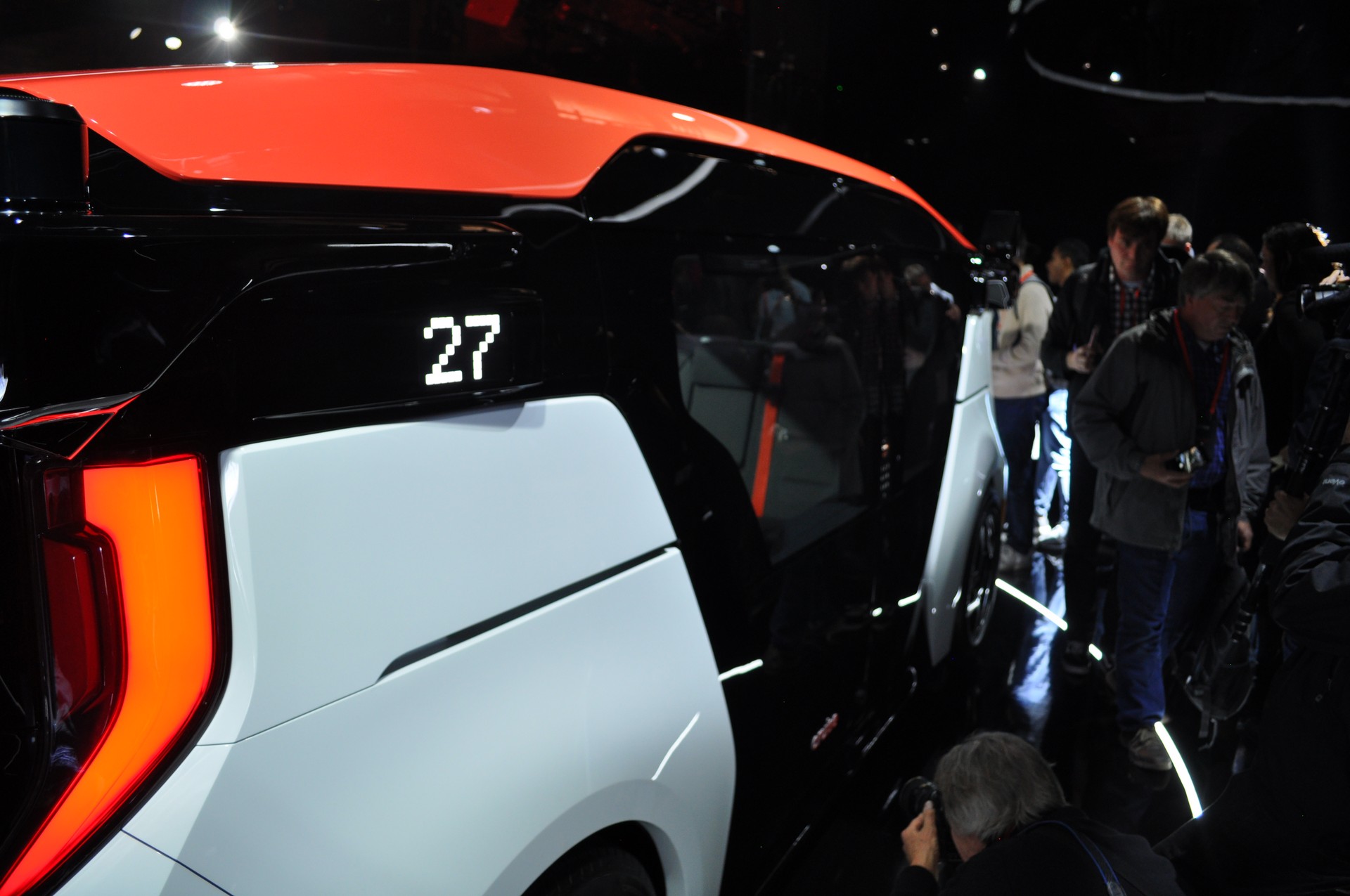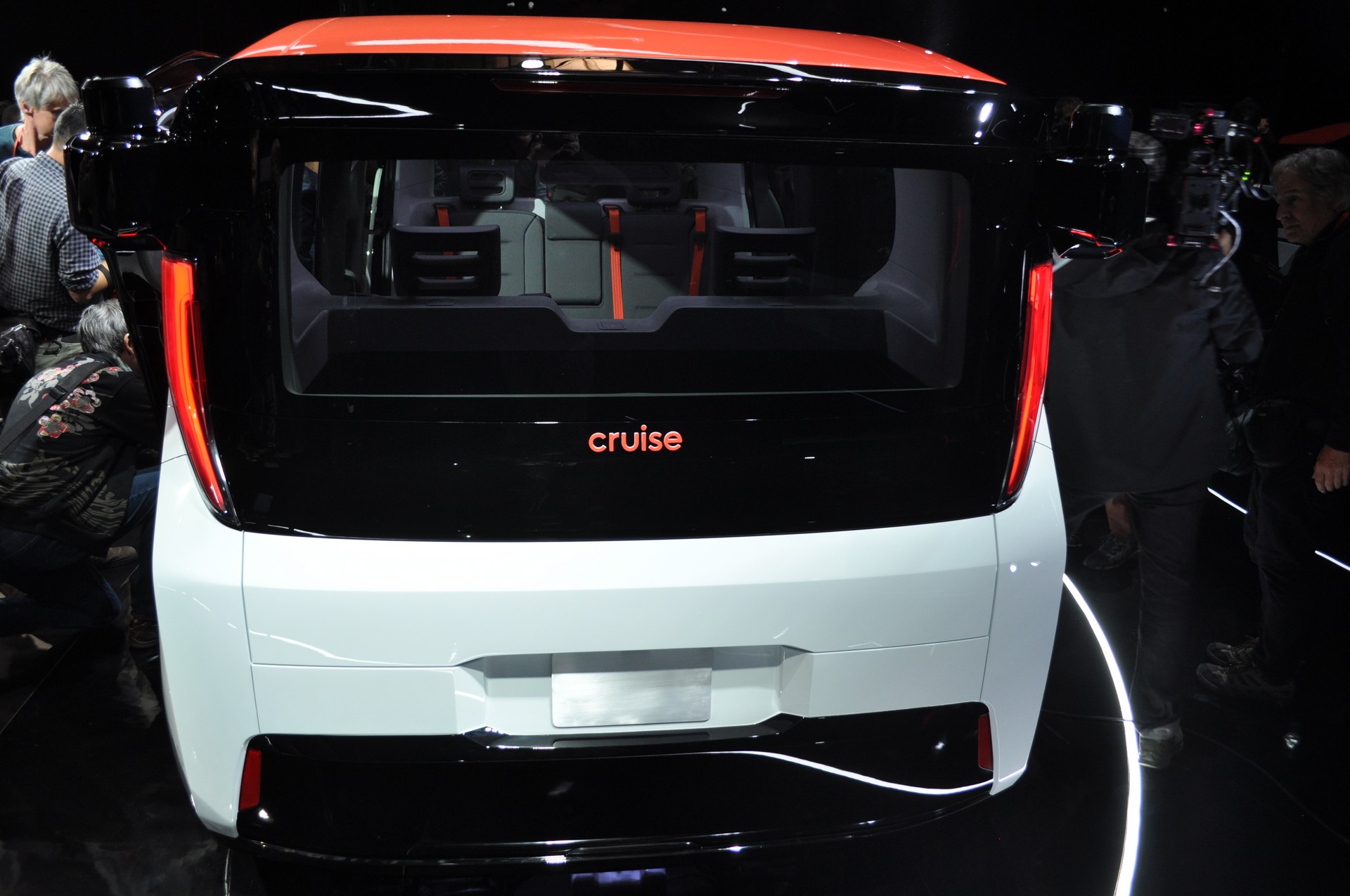Cruise has petitioned the National Highway Traffic Safety Administration to allow them to build the Origin and put it into commercial service.
The news is years in the making and the company noted the petition signals they are “ready to build and deploy the Origin.”
While the driverless vehicle still needs to be given the green light, Cruise said the Origin is “not innovation for its own sake” as it follows the “U.S. Department of Transportation’s six guiding principles for work on innovation in transportation.” These call for promoting accessibility, creating American jobs, being eco-friendly, and “ensuring U.S. leadership in developing and manufacturing autonomous technology and artificial intelligence.”
Also Read: The Cruise Origin Is The Electric, Autonomous, Shareable Car Of The Future
The Origin checks all those boxes as it’s electric and slated to be built at GM’s Factory Zero in Michigan. Of course, the model is more notable for being autonomous and this will enable it to transport everyone from the elderly to the intoxicated.
The lack of a driver should also allow rides to be significantly cheaper than Lyfts and Ubers. While the company hasn’t disclosed pricing, GM CEO Mary Barra used last year’s Aspen Ideas Festival to suggest rides in the Origin could cost less than $1 (£0.74 / 0.88) per mile. That’s significantly less than current ride-hailing services, which the executive said cost around $2.50 (£1.84 / €2.21) to $3.00 (£2.21 / €2.65) per mile.
Cruise has plans to build and deploy “tens of thousands” of Origins in the future. They’re based on years of development and have been designed with safety in mind as there are multiple redundancies to ensure there are “no single points of failure across sensing, compute, networking or power.” The model also features a multi-layered sensor suite that is designed to track multiple people and objects, even in pitch-black conditions or inclement weather.




